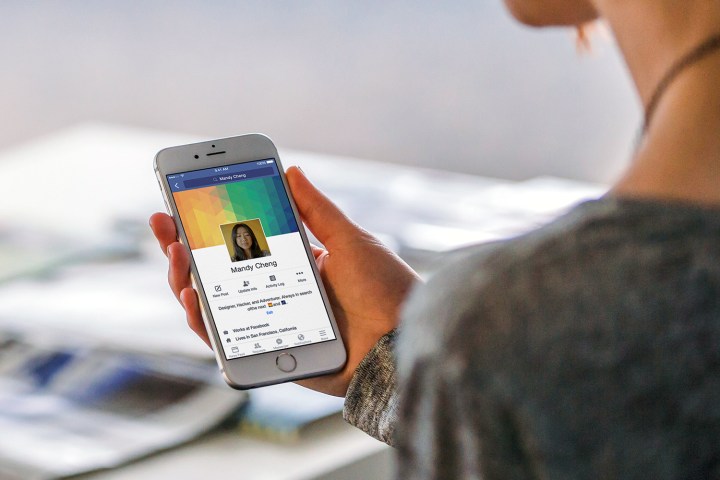
Right? Well, maybe.
Researchers in the Psychometrics Centre at the University of Cambridge in the U.K. recently devised an algorithm for predicting how smart someone is by looking at their social media profile image. The algorithm doesn’t just take faces into account, but also “behavioral cues” such as how people pose for the camera, the clothes they wear, and the presence of friends and partners in their pictures — all of which reveal information about people’s lifestyles and the way they choose to present themselves to the world.
The study used profile images from 1,122 Facebook users who had taken an IQ test, and analyzed recurring photo features with higher or lower scores.
That’s not all it did, however. The work also highlights the fact that, as humans, it turns out we’re pretty darn lousy when it comes to guessing people’s intelligence (measured through IQ) based on how they look. Common cues we view as indicative of intelligence — such as smiling and wearing glasses — turn out to be red herrings. So do traits we associate with not being intelligent, like standing too close to the camera for a photo.
“Our results give insights into inaccurate stereotyping from profile pictures,” Xingjie Wei, one of the authors of the study, tells Digital Trends.
For this reason, Wei and collaborator David Stillwell trained their algorithm to make two separate predictions: people’s intelligence based on their profile pictures, and also their perceived intelligence based on the likely responses of others. The computer was able to accurately predict not only how smart someone really is, but also how smart others are likely to think they are.
“A mismatch indicates an inaccurate stereotype and an inaccurate judgment,” Wei continues. “We hope our research can provide insights for people to better manage their self-representations online — and perhaps a cautionary note for HR managers who routinely use social media to scope out candidates in advance.”
So what kind of photos should we be taking to appear intelligent, then? “Most ‘real’ intelligent people in our dataset understand that a profile picture is most effective with a single person, captured in focus, and with an uncluttered background,” Wei explains. The algorithm also revealed that people who both have a high IQ and are perceived by others as being smart frequently use the color green in their profile pictures, but not very much pink, purple or red.
Failing that, we guess that smiling and wearing glasses still does the trick. For now, at least …
Editors' Recommendations
- How to get your share of Facebook’s $750M settlement
- Your Facebook account could get multiple profiles for different interests
- No more Like button? Facebook is revamping how you’ll use and follow Pages
- You can now check your credit report for free every week. Here’s how
- MIT says it can tell how healthy you are by analyzing your dishwasher


